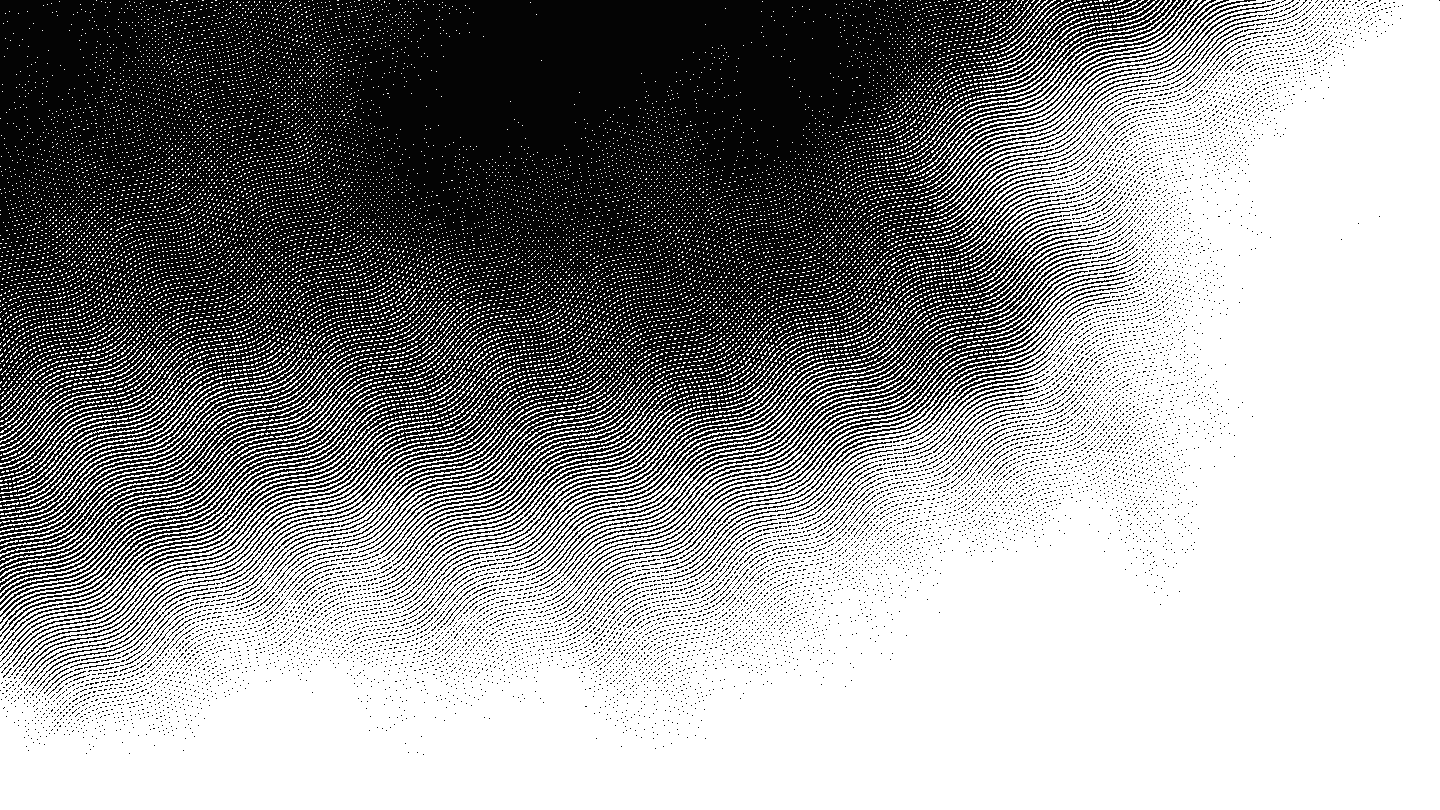
Our recruiters know good talent when they see it.
We count on them to make sure our organization and clients are in good hands, as well as pair job-seekers with opportunities where they will flourish.
No other group shapes Hope Network more, and our team wouldn’t be what it is without them. They are here to make the process personalized for you, reach out to one today to start the conversation.